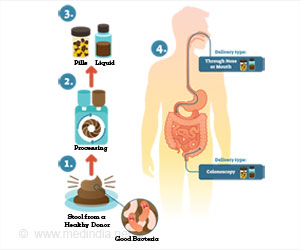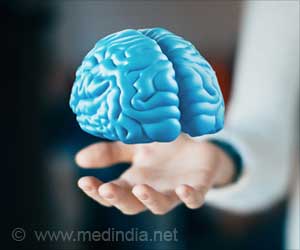The perception of a sudden cardiac arrest is that it comes out of the blue, but a new study suggests that despite its name, it often has warning signs.
Sudden cardiac arrest is a common and deadly event. Twenty percent of all deaths in the United States each year are due to a sudden cardiac arrest; barely 5% of people who have one survive. The perception of a sudden cardiac arrest is that it comes out of the blue, but a new study suggests that despite its name, it often has warning signs, reports the December 2006 issue of the Harvard Heart Letter.
Studying cardiac arrest isn’t easy since it is generally fatal, and you can’t ask the victims how they felt before the attack. Interviewing witnesses can help, but that is often done much later. Researchers in Germany tried to fill in the blanks by asking doctors to interview witnesses on the spot. The doctors gathered information on 406 cases and found that warning signs were surprisingly common.Chest pain, shortness of breath, nausea or vomiting, and dizziness were the most common heralds of an impending cardiac arrest. Some people began to experience these hours before the arrest. In 90% of the cases, symptoms lasted for at least five minutes. Only 25% of the victims had truly out-of-the-blue arrests that weren’t preceded by symptoms.
The Harvard Heart Letter recommends consulting the health expert immediately, if you notice one or more of the signs below in yourself or someone else:
Source-Newswise
SRM






